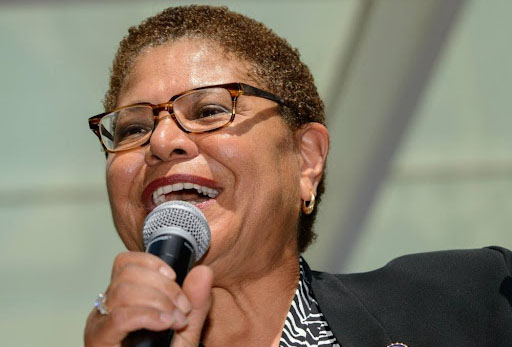After 15 years in prison, Sacramento man Zavion Johnson walked free on Saturday after a judge agreed to turn back a murder conviction for shaking his 4-month-old daughter Nadia to death in 2002.

Khari Tillery of Keker, Van Nest & Peters, Paige Kaneb of the Innocence Project and Zavion Johnson. Photo credit: Lori Reinauer
Johnson said he accidentally dropped Nadia while taking a shower together, although he had not immediately told police that. Prosecutors argued that Nadia was actually the victim of Shaken Baby Syndrome.
Shaken Baby Syndrome is based on a so-called “triad” of symptoms — swelling of the brain, bleeding on the brain’s surface and bleeding behind the retinas. Until recently, these signs were thought to be solid evidence of intentional abuse.
Johnson’s case for exoneration was driven by the increased skepticism around the science of Shaken Baby Syndrome. Two medical experts recently recanted their 2002 testimony in the case, which had identified Shaken Baby Syndrome as a likely factor in the death of the infant.
Last week, The Imprint wrote about Johnson’s case and how the largely discredited shaken baby science still results in many convictions.
A database created by Northwestern University’s Medill Justice Project lists more than 3,000 Shaken Baby Syndrome criminal cases in the United States.
On Friday, a team from the Northern California Innocence Project and San Francisco-based Keker, Van Nest & Peters helped earn a review of Johnson’s case in California Superior Court in Sacramento. The judge agreed with Johnson’s petition and granted a writ of habeas corpus that overturned the 2002 murder conviction.
“The expert medical testimony presented at trial has been repudiated or undermined,” said Khari Tillery, partner at Keker, Van Nest & Peters and lead counsel in Johnson’s case, in a statement. “There is now medical consensus that an accidental short fall onto a hard surface can cause the type of head injuries suffered by Nadia. While we lament that Mr. Johnson spent nearly 17 years in prison for a crime he did not commit, we are grateful to the Court and the prosecutor for recognizing this injustice after we filed the petition.”





